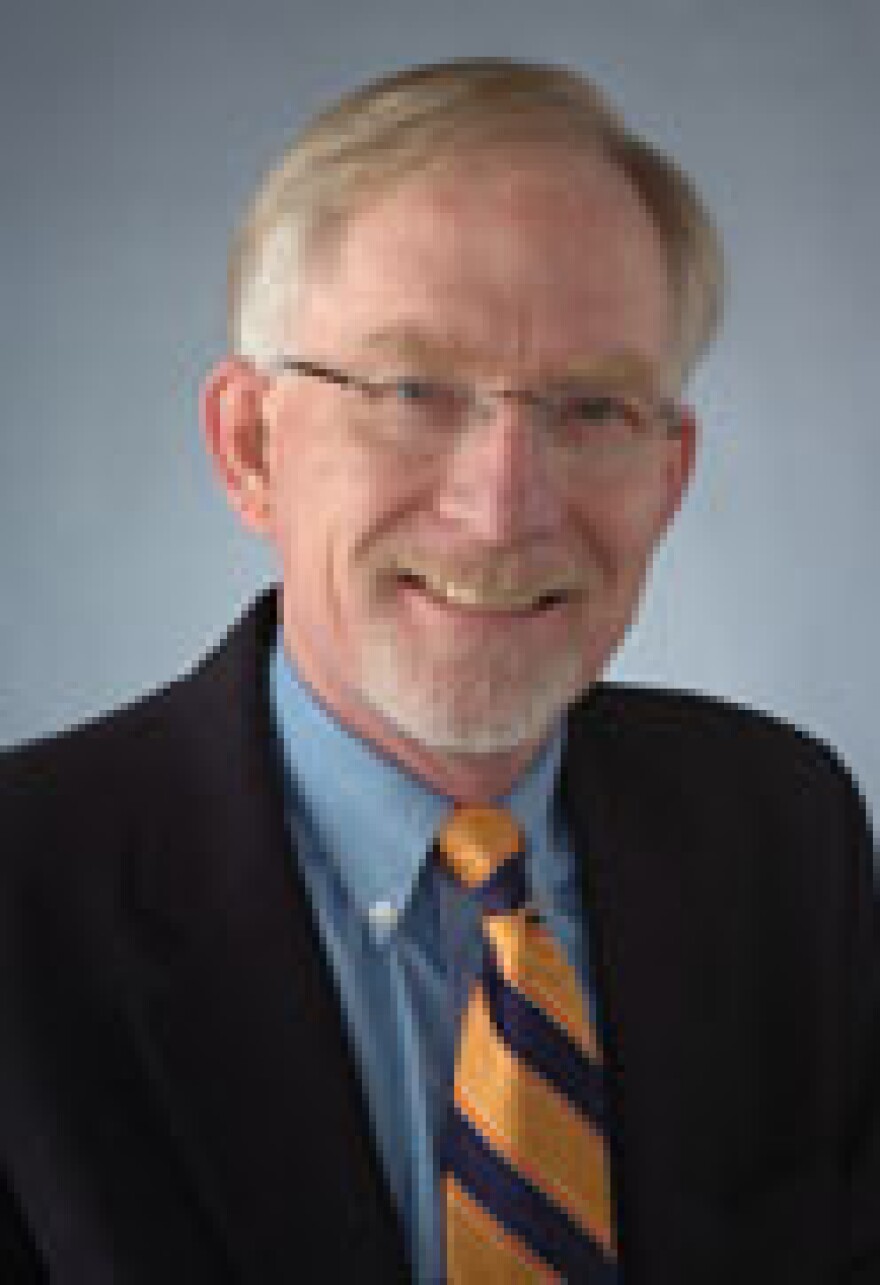A few weeks ago, David Crane got a call. The Syracuse University law professor was asked to join a team who would be examining a collection of tens of thousands of gruesome photographs. They appeared to show widespread torture and killings at detention facilities run by Syrian president Bashar al-Assad’s government.
Two days later, Crane was in the Middle East, with two other former war crimes prosecutors and forensics experts, poring over the images and interviewing the man who took them.
“We came away with clear and convincing evidence of an industrialized killing machine going on with the Assad regime, raising to the level of crimes against humanity,” Crane said.
Crane was hired to work on the report by a London law firm on behalf of the government of Qatar, which backs the Syrian rebels. Just as the peace talks in Geneva began, the report was made public and Crane hit the airwaves, saying that what he’d seen could be used to convict Assad for war crimes.
“It caused the world to pause and truly understand and realize that what’s going on here is, for the first time since Nuremburg, an industrialized, systematic processing of the killing of human beings by a regime,” he said.
Crane’s work on intelligence gathering at the Defense Department helped prepare him to become chief prosecutor for the Special Court for Sierra Leone in 2002. There he indicted former Liberian President Charles Taylor for crimes against humanity.
For two and a half years, Crane has used his real-world experience to lead students in documenting alleged crimes, and preparing indictments on both sides of the Syrian conflict. He says it’s not just an exercise for students. Their clients include the U.N., the International Criminal Court, and the State Department.
“It’s become a recognized international effort, as one of the ways by which we’ll be able to develop a case against Assad, his regime, as well as those in the resistance who are also committing these types of crimes,” Crane said.
Crane isn’t optimistic about the situation in Syria. But he says in the aftermath of such horrors, seeking justice for victims matters.
“It’s through rule of law, not through the rule of the gun, that we have the ability to honor them and to give their lives meaning by showing what took place and having justice done against those who did what they did to these people,” he said.
Crane says his Syrian Accountability Project at the university will continue as long as the civil war does.


